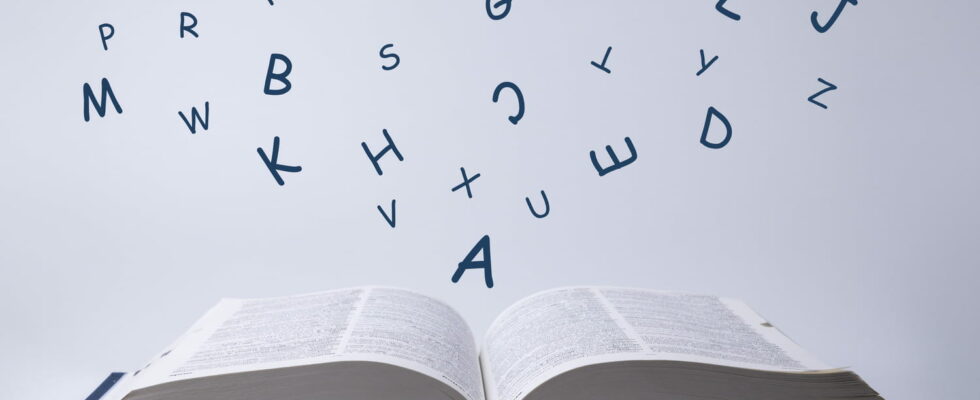Every year, dictionaries are enriched with new words and new expressions. “Nasse” has been in the news lately in France. But what does this term mean?
If you pay attention to the words that are spoken on television news, on the radio, in the written press, or in conversations in the street, you have undoubtedly already been challenged one day by a term whose meaning you did not know. To tell the truth, this happens quite often, quite simply, because the French language evolves over time. You just have to look at the new generations who use words or expressions that leave many adults speechless. These new words generally reflect our society, our cultures and our current realities. This is why, every year, dictionaries get up to date and present their new edition with their share of new features, including in proper nouns.
In May, for example, the new printed version of Petit Robert was enriched with dozens of new words linked to society, the environment, gastronomy, science and technology, leisure, or else they come from the French-speaking world and colloquial language. Among all these entrants, there is one that has been in the news in recent months, particularly in 2023, and that is the word “trap”.
What does it mean? Originally, “a trap” is a feminine noun, which refers neither more nor less to the fishing net, which is used to capture fish. But today, this term has undergone what is called a shift in meaning. It now designates “the encirclement of demonstrators by a cordon of law enforcement agents”, indicates Le Petit Robert. This sense in particular has exploded since the various demonstrations against the government’s pension reform. Figuratively, we can therefore use it in this way: “Being in a bind, in a difficult situation during a demonstration.” Here you are with a new word learned, which you can use in your next discussions!
